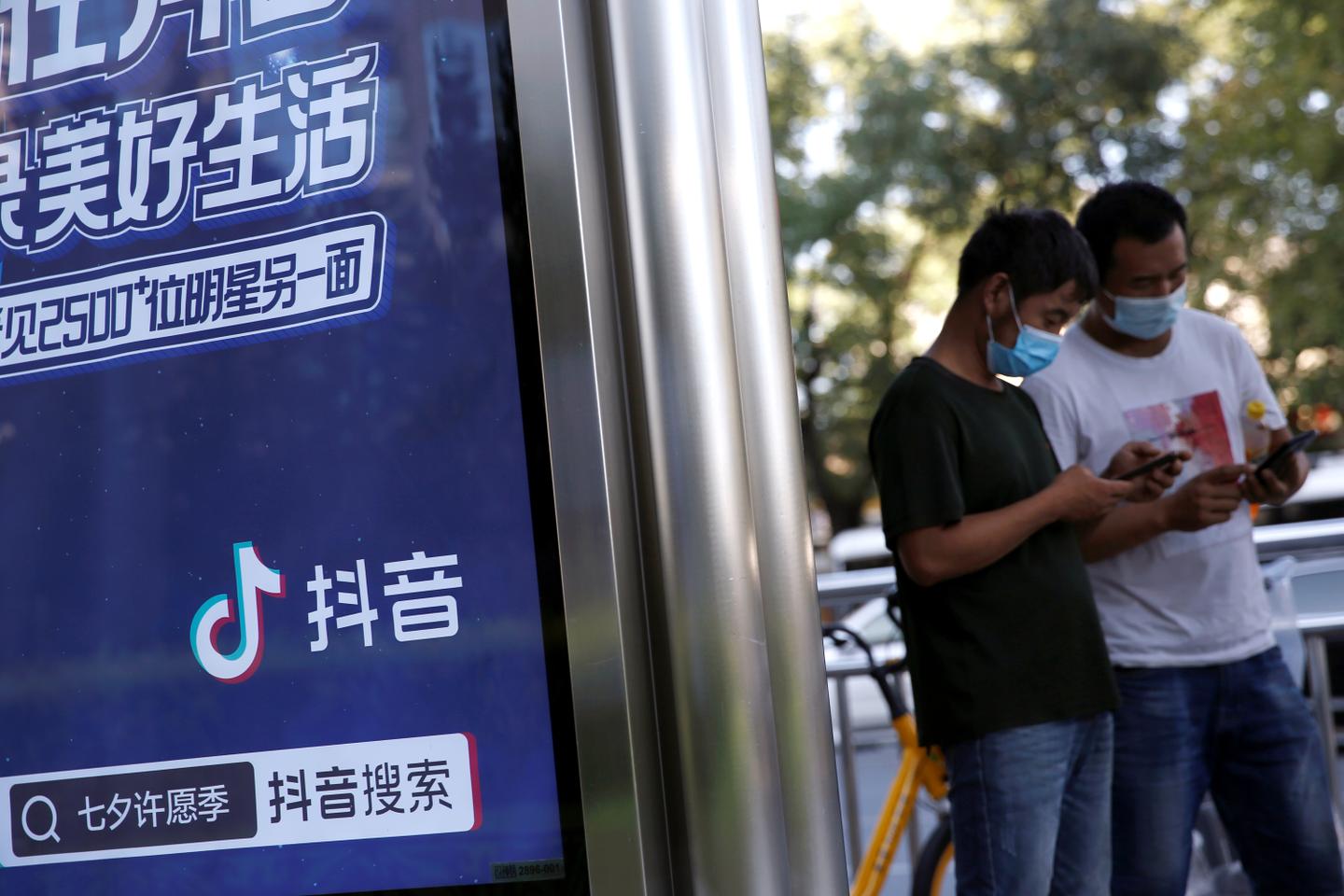


Wang Hongquan used to pride himself on not going out without carrying at least 10 million yuan (€1.3 million) worth of jewelry and luxury goods. Since May, he has not appeared in public at all. The influencer, only barely in his 30s, boasted of having seven apartments in a very upmarket residence in eastern Beijing, Star River, without living in the largest one (991 square meters), which lacks a little light for his taste.
His career, which consisted of flaunting his wealth in short videos to his more than 4 million followers on Douyin, the Chinese version of TikTok, has hit a snag. The man who is sometimes referred to as "China's Kim Kardashian" disappeared from social media after the government launched one of its "campaigns" in the spring – in other words, a one-off but relentless and highly visible period of political action, this time against internet celebrities who show off too much.
Like him, Big Sister Abalone (named after the particularly expensive seafood loved by the wealthiest Chinese), a rich influencer who had amassed 2 million subscribers from her 2,000-square-meter mansion and gardens, is no longer visible online. Those who promote "extravagance and waste" or "flaunt wealth and the cult of money" no longer have a place online, explained an official note on social media before the summer. Instead, the aim is to promote "rational and healthy consumer values."
That China has become richer in recent decades is an undeniable reality. But the slogan coined by Chinese leader Deng Xiaoping in 1986 – "let some people get rich so they can help others get richer" – first used to explain the opening up of the coastal regions, has had its day. The Communist Party is now less concerned about extreme poverty, which it considers to have been largely overcome, than about inequality, which is particularly visible. It is a politically sensitive subject and, since an economic meeting chaired by Party Secretary Xi Jinping in August 2021, the buzzword has been "common prosperity."
'Common prosperity'
As soon as he came to power in November 2012, Xi understood that the wealth of some was a source of discontent. By slamming corruption, in addition to installing his own men, he found a favorable reception among the common people, who suffered from it. While it's still possible to see the occasional pink Rolls-Royce or golden Lamborghini, most of China's fortune holders have realized that it's wiser to keep a low profile. Or they've gone to live abroad, like the couple Pan Shiyi and Zhang Xin, billionaires whose real estate projects have redefined Beijing's architecture and who now reside in New York.
You have 32.96% of this article left to read. The rest is for subscribers only.
